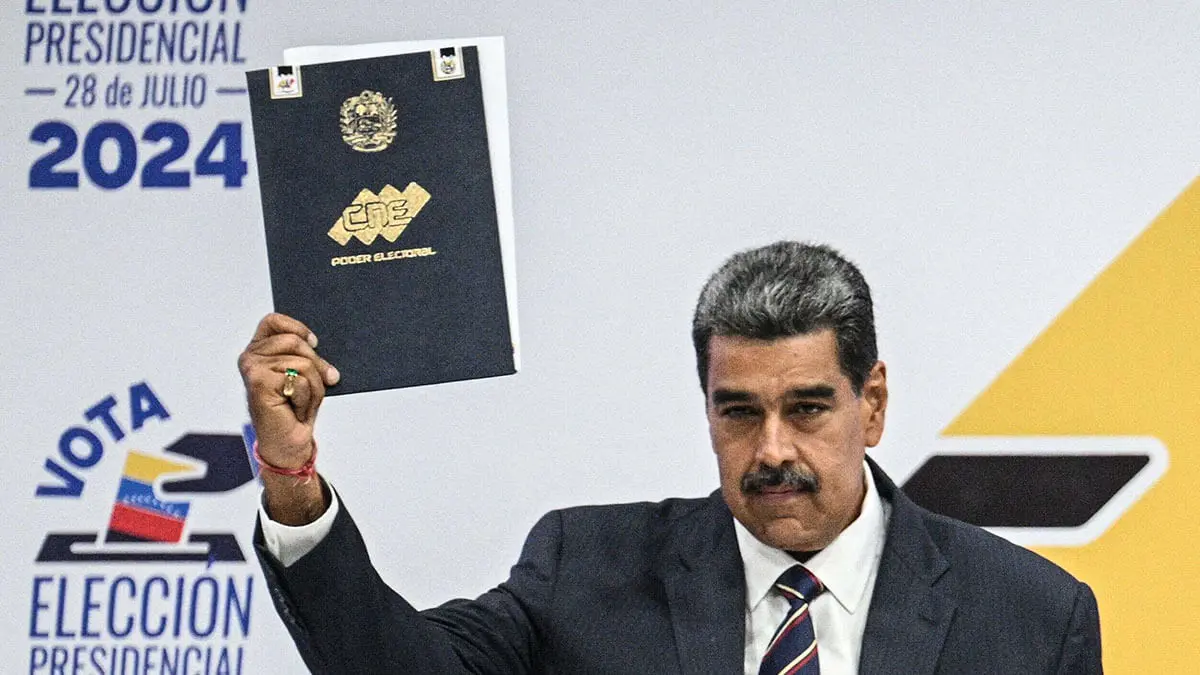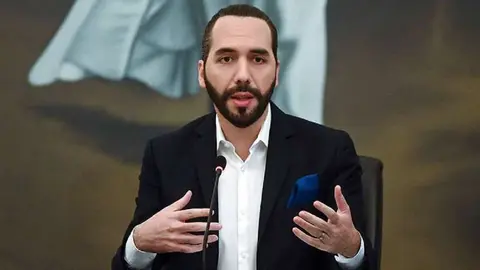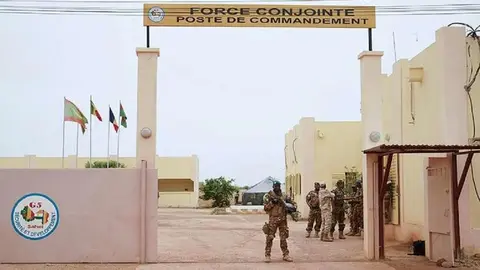The Maduro regime and the Brics

The economic powers that are with Maduro have links with the big economic monopolies close to the governments of Russia and China. Those backing Machado also have links with the big economic monopolies close to the governments of the United States, England and the European Union. Both powers with their nuances, in addition to disputing the seat in Miraflores, are fighting for control of the oil business, and in the midst of this political catastrophe unleashed by the government's electoral fraud, we find a people decimated by poverty, hunger and inequality, divided and enraged, demanding victory.
Venezuela has the world's largest oil reserves, but they have not been used to generate prosperity and well-being for the Venezuelan people, but rather to consolidate in power a clique of authoritarian politicians who plunder them in order to hold on to power. US and EU sanctions have not served to overthrow the regime, but rather to consolidate its power and structure waves of repression, arrests and human rights violations. A regime that has become a kind of factory for the production and export of the poor. More than seven million Venezuelans have had to leave their country because of the precarious economic conditions in Venezuela.
The electoral struggle is of global significance not only because of the deterioration of democracy and the impact that a greater flow of emigrants to the neighbourhood could have, but also because of the control of oil wealth in the context of the new global order being fought over by the United States and the Brics powers. Venezuela's oil wealth is the greed in the new geopolitical and geostrategic struggle for the domination of the world's energy resources. Therefore, this electoral dispute is taking place at a time when Venezuela is in the process of applying to join the Brics.
The electoral fraud scandal and Maduro's permanence in power are problems that must be examined in the context of the importance of Venezuela's oil wealth in the geopolitical struggles of the two blocs in Latin America. Likewise, in the context of disputes over economic, energy and geostrategic power in the new global architecture.
The Brics represent 46% of the world's population, 80% of world oil production, 53% of global gas reserves, 40% of coal reserves, 35.85% of world GDP and 25% of the world's exports of goods. They are not a club of left-wing governments, but a geo-economic grouping of emerging powers made up of countries from the Global South with different forms of governments. Russia, Egypt, Ethiopia, India and South Africa with right-wing governments. China with a one-party socialist government, Brazil with a left-wing democratic government, Iran with a theocratic government and Saudi Arabia and the United Arab Emirates with monarchic regimes.
Venezuela, under Hugo Chávez, shook off the clutches of the United States, but fell into the imperial trap of Russia and China, leaving part of its oil wealth mortgaged to Beijing and Moscow. In the Syrian war, a new global energy order was defined and part of Venezuela's oil wealth came under the control of China and Russia. The dollarisation of the Venezuelan economy was the product of a negotiation between the Maduro regime and the US government, whereby US companies received concessions for oil, gas and gold exploitation on Venezuelan soil.
The war in Ukraine is a continuation of the gas war that originated in Syria between the US and Russia over control of the European gas market, reserves and pipeline networks in Central Asia. Israel's bellicose escalation against Iran is a geopolitical strategy that seeks to engage the US in a direct war against Iran in order to stop the advance of China's new Silk Road and prevent Iran from becoming a geostrategic node in the new trade corridors between Russia, India and China. In conclusion: if Venezuela, Bolivia, Algeria and Kazakhstan become new members at the next Brics summit, the bloc would control 90% of the world's oil and gas reserves.
@j15mosquera



